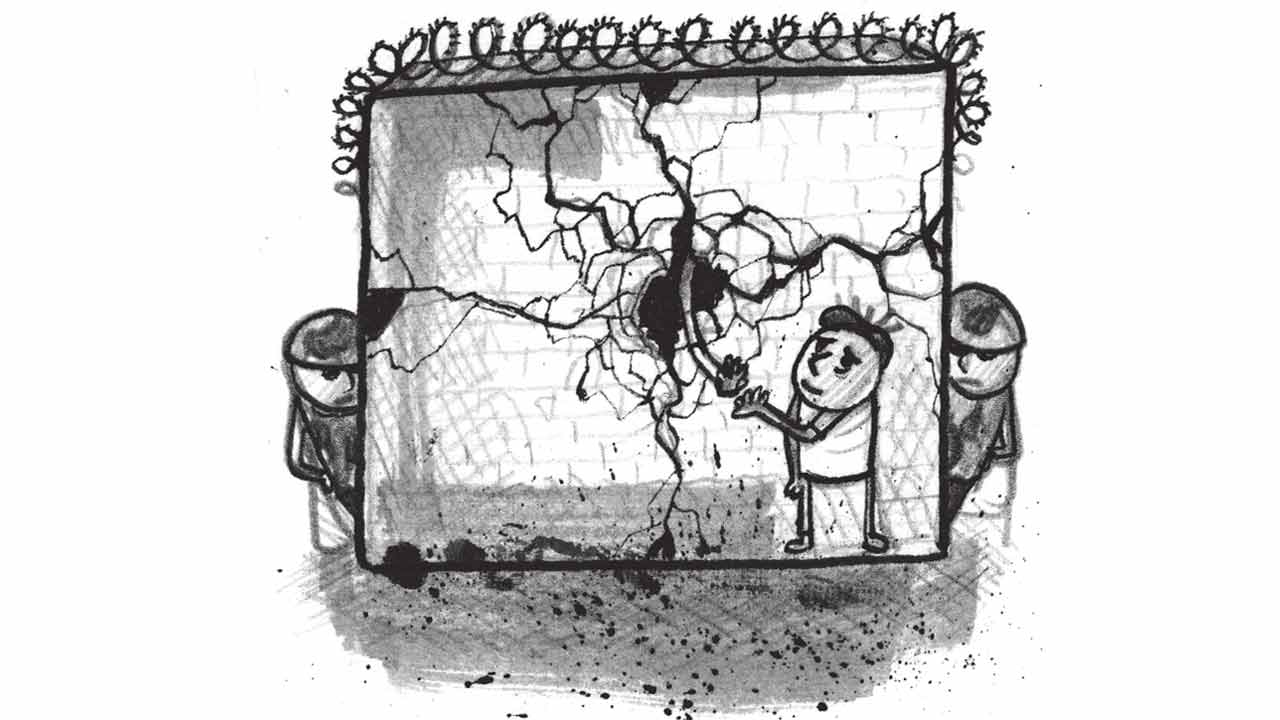This is one of several interviews from the SBS special feature 'Faces of the Rohingya'. Watch Dateline's investigation 'Myanmar's Killing Fields' at the end of the article.
Abdul Rohim begins to cry when he mentions his family. He will turn 50 this year, but it is more than a decade since he saw his wife, daughter and son.
They have been held in an internment camp in southern Rakhine State since 2012 and they are not allowed to leave. His wife is very ill, he says, but there is no medical care.

Eight families are crowded into a bamboo shelter. He is always homesick, but he cannot return.
“Every day of my life I think, ‘How can I be with them?’ My head feels like it is boiling,” he says, taking off his cap and pointing at the peak of his forehead.
“I go to the wall and hit my head and cry. I try not to think, but the next day it comes to my mind again.”
It was his big dream that one day he would educate his children. For now at least, they are going to school.
Whenever he speaks to them, he always asks what they are learning.
“My daughter is very good at studying - she likes chemistry. But I am worried for their future. I am far away, and I am getting older.”
READ MORE: Faces of the Rohingya
Abdul comes to the café nearly every day. He meets friends and speaks in Rohingya.
“It makes me feel better,” he says.
In Rakhine State, he was a fisherman. He hasn’t been fishing in Melbourne, but when he was held in immigration detention near Weipa, on Cape York, he was given permission to go fishing three times.
Watch Dateline's 'Myanmar's Killing Fields' below.

